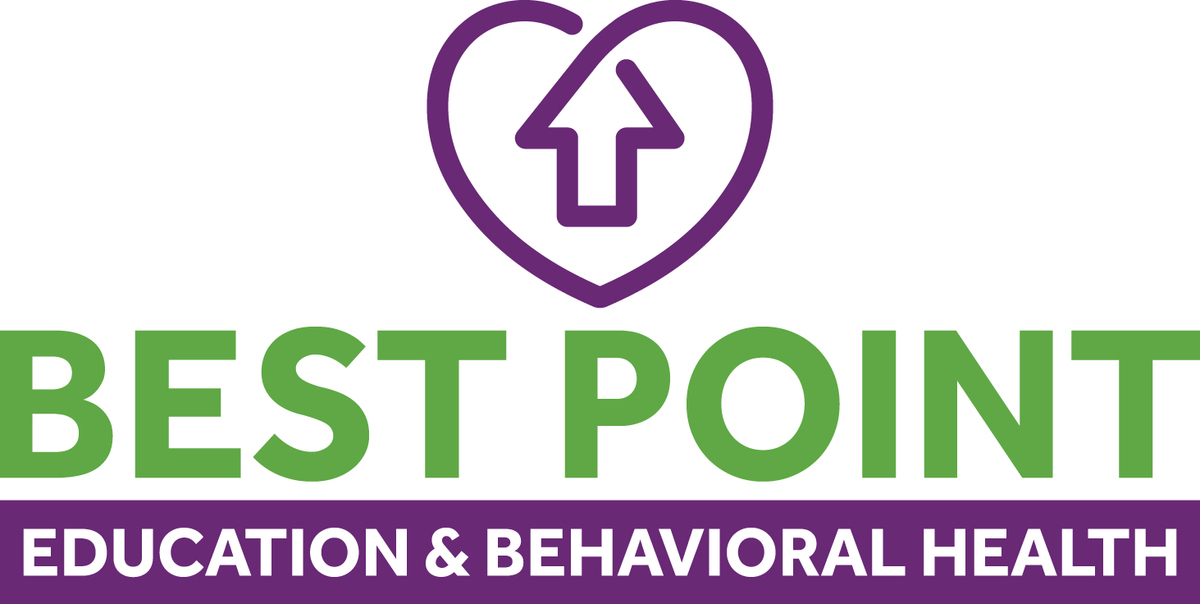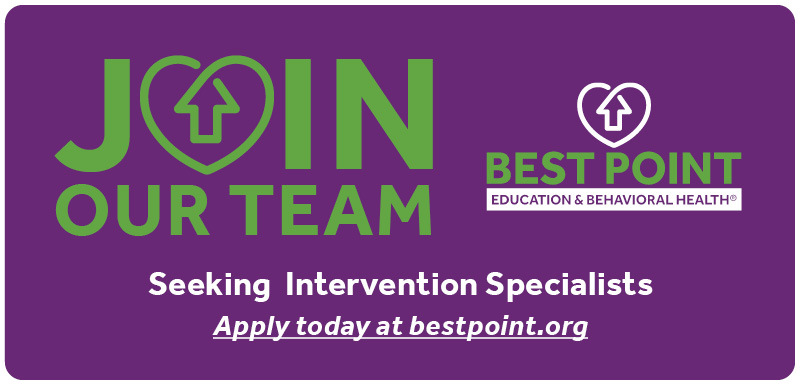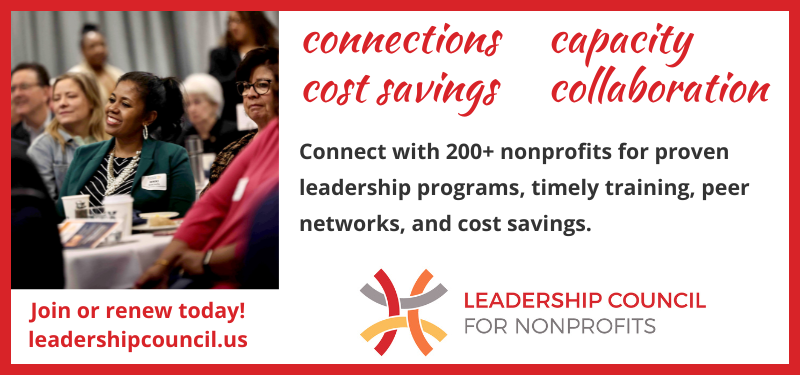Feature Article from Best Point Education and Behavioral Health, 5/15/2025

Bridging the Gap: Strategies to Combat Summer Slide and Keep Learning Alive
by Stacey Hill-Simmons, Superintendent & VP of Education, Best Point Education and Behavioral Health
As the school year concludes, parents naturally turn their attention to preventing summer learning loss, often called the “Summer Slide”. This refers to the tendency for students to lose academic skills and knowledge during the extended break. Research indicates that over the summer, students can lose about a month's worth of learning in reading and math, potentially impacting their confidence in the following school year.
Contrasts in Summer Learning
A key concern of the summer slide is how it disproportionately affects various socioeconomic groups. Students from low-income households are particularly at risk for learning loss, as they sometimes lack access to educational resources such as books, enrichment activities, and cultural experiences. This variation highlights the need for targeted initiatives aimed at ensuring all students have the resources to continue their education through the summer months.
Importance of Learning Over the Summer
Promoting continuous learning during the summer is vital for both academic achievement and mental well-being. Engaging in learning fosters a sense of accomplishment, boosts self-esteem, and establishes a strong foundation for future success. Structured activities can also provide a daily routine, alleviating boredom for many children during their break.
Fun/Easy Ways to Keep Kids Learning Over the Summer
Keeping kids academically engaged during the summer can be enjoyable and easily integrated into daily life.
Summer Camps: Many local parks, museums and craft stores offer week-long day camps for various ages. Best Point Education & Behavioral Health offers Camp-I-Can, a 10-week high-quality summer camp experience for children 4-12 years of age.
Reading Adventures: Set up a family reading challenge or visit local libraries for summer reading programs.
STEM Activities: Engage your child in science experiments or math-related games at home. Simple activities like cooking can teach measurements and proportions, making learning fun and practical.
Outdoor Exploring: Nature walks allows kids to learn about local plants, collect specimens, and create nature journals.
Cultural Exploration: Plan visits to museums, art galleries, or historical sites. Many institutions offer summer programs designed for children.
Technology as a Tool: Utilize educational apps like Khan Academy Kids, ABCmouse, PBS Kids, Duolingo, and National Geographic Kids.
Recognizing the importance of continuous learning, we have created comprehensive summer learning packets and engaging reading lists to mitigate summer learning loss. These tools will empower parents to be actively involved in their child’s educational journey, reduce the “brain drain” that can occur during summer break, and enable students to actively retain and build upon the knowledge acquired during the school year. With the right strategies, summer can become a season of growth rather than a period of regression, ensuring kids return to school invigorated and prepared to thrive.






.png)






